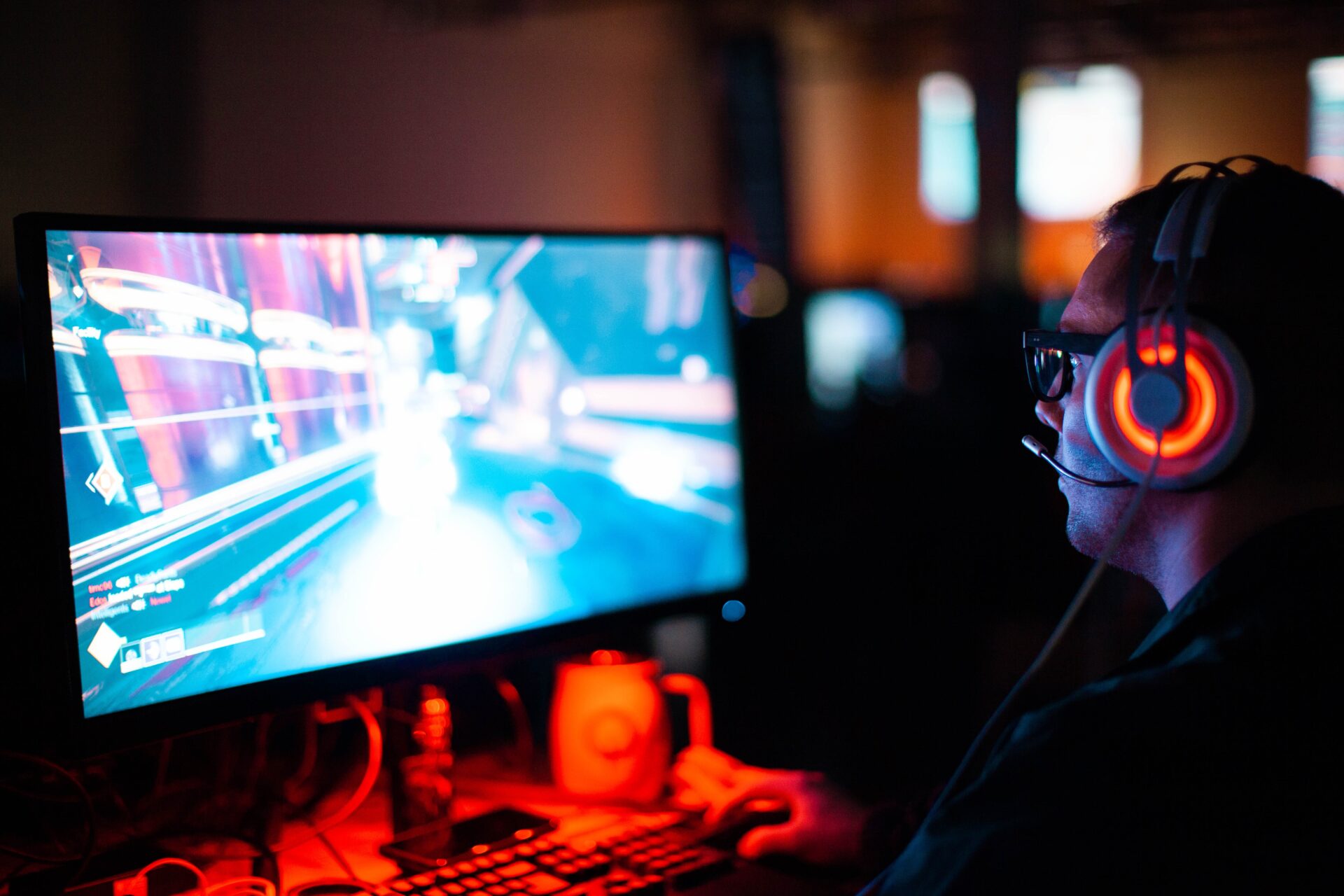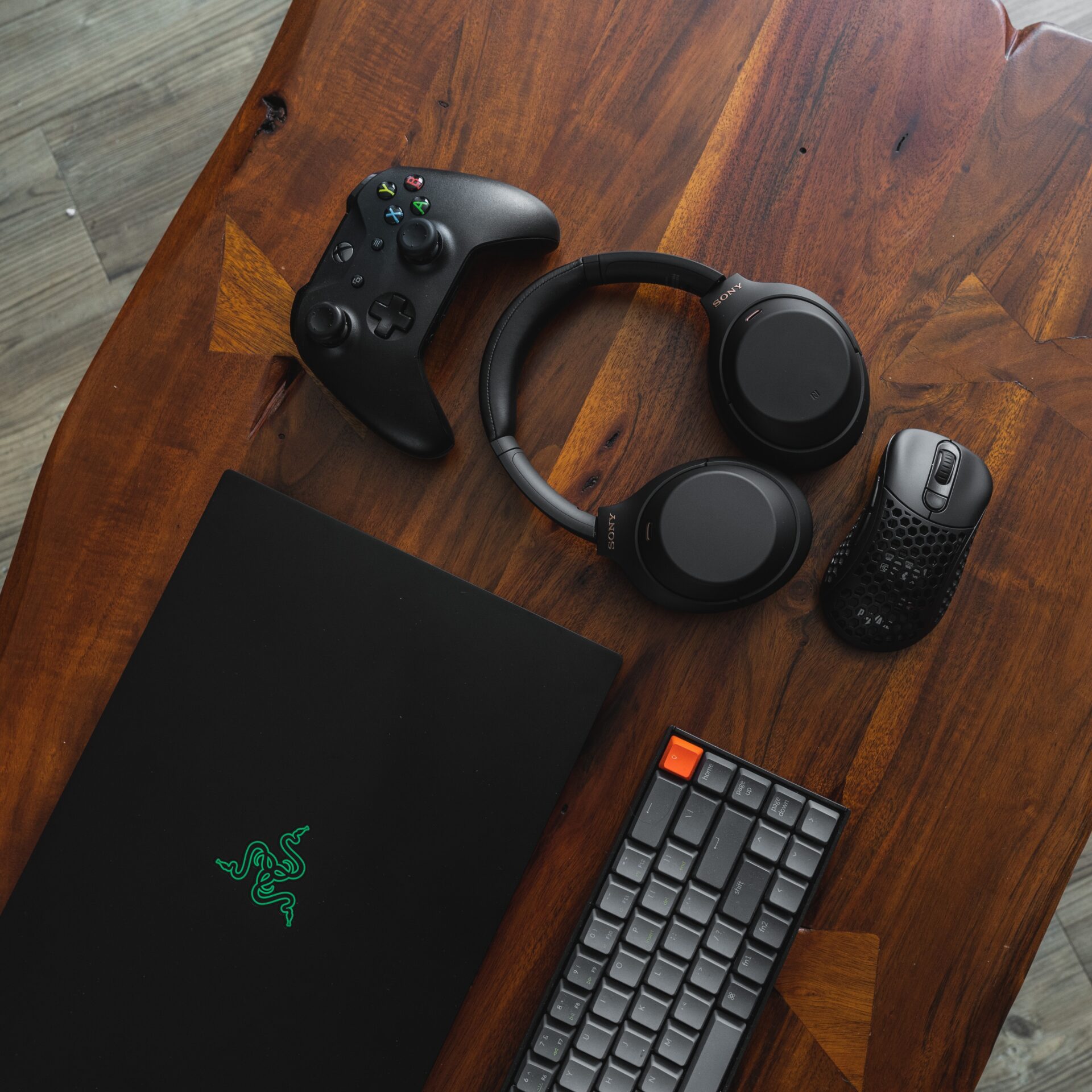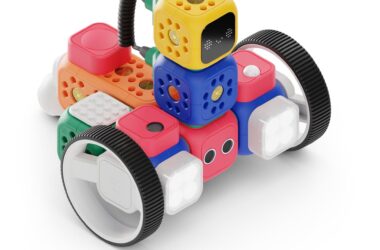In the vast realm of online gaming, competition fuels excitement and pushes players to their limits. However, amidst the thrill, a dark cloud looms—the prevalence of cheating in games. Cheating not only undermines fair play but also erodes the integrity of online gaming communities. In the battle against cheaters, game developers are turning to artificial intelligence (AI) to detect and identify such malicious behavior. In this article, we delve into the various uses of AI in cheating detection, shedding light on its potential to safeguard the spirit of fair play.
Traditional Methods of Detecting Cheating:
Historically, game developers and moderators have relied on manual detection methods to identify cheaters. These methods include reviewing player reports, analyzing gameplay footage, and investigating suspicious activities. However, manual detection is time-consuming, subjective, and often unable to keep up with the evolving techniques employed by cheaters.
Introduction to AI in Cheating Detection:
Enter artificial intelligence—a powerful tool that offers a new frontier in cheating detection. AI, combined with machine learning and pattern recognition, has the potential to revolutionize the battle against cheaters by automating detection processes and identifying intricate cheating patterns that may escape human observation.
AI-Powered Cheating Detection Techniques:
Aimbot and Wallhack Detection:
AI algorithms can scrutinize player behavior to detect abnormal aiming patterns and identify wallhack exploits. By leveraging computer vision algorithms and anomaly detection techniques, AI can analyze gameplay data, identify suspicious actions, and distinguish cheaters from legitimate players.
Behavioral Analysis:
AI can monitor and analyze player behavior patterns to identify potential cheaters. Machine learning models can be trained to recognize deviations from normal gameplay behavior, such as sudden skill improvements or consistently improbable actions, enabling the identification of suspicious players.
Chat Monitoring and Toxicity Detection:
Through natural language processing and sentiment analysis, AI can monitor in-game chats for toxic behavior and discussions related to cheating. By swiftly identifying and penalizing toxic players, AI contributes to a healthier and more enjoyable gaming environment.
Data Anomaly Detection:
AI algorithms can detect anomalies in game data, helping identify cheating instances. Statistical analysis and anomaly detection techniques enable AI to spot abnormal patterns, whether it’s excessive kills, unusual movement patterns, or irregular resource acquisition.
Benefits and Challenges of AI-Powered Cheating Detection:
Benefits:
AI-powered cheating detection brings numerous advantages to the gaming community. It offers enhanced accuracy and efficiency compared to manual methods, allowing for faster identification and response to cheaters. Additionally, AI models can adapt and learn continuously, evolving alongside cheating techniques to stay one step ahead.
Challenges:
While AI holds great promise in combating cheating, challenges persist. The ever-evolving nature of cheating techniques necessitates regular updates to AI models to effectively identify new forms of cheating. Striking a balance between minimizing false positives and accurately detecting cheaters is also crucial to maintain fairness.
Real-World Examples:
Several game developers have successfully implemented AI-powered cheating detection systems. For instance, renowned games like Valorant and Fortnite have integrated AI algorithms to detect and penalize cheaters swiftly, fostering a fair and competitive environment. These examples demonstrate the positive impact of AI in preserving the integrity of gaming communities.
Ethical Considerations:
As AI-powered cheating detection becomes more prevalent, ethical considerations come to the forefront. Privacy concerns may arise due to the need for monitoring and analyzing player data. Striking the right balance between player privacy and the necessity to combat cheating is vital, ensuring transparency and consent in data collection and usage.
Summary:
AI has emerged as a powerful ally in the fight against cheating in online games. Its ability to automate detection processes, analyze player behavior, and identify subtle cheating patterns presents a promising future for fair play. By harnessing the









